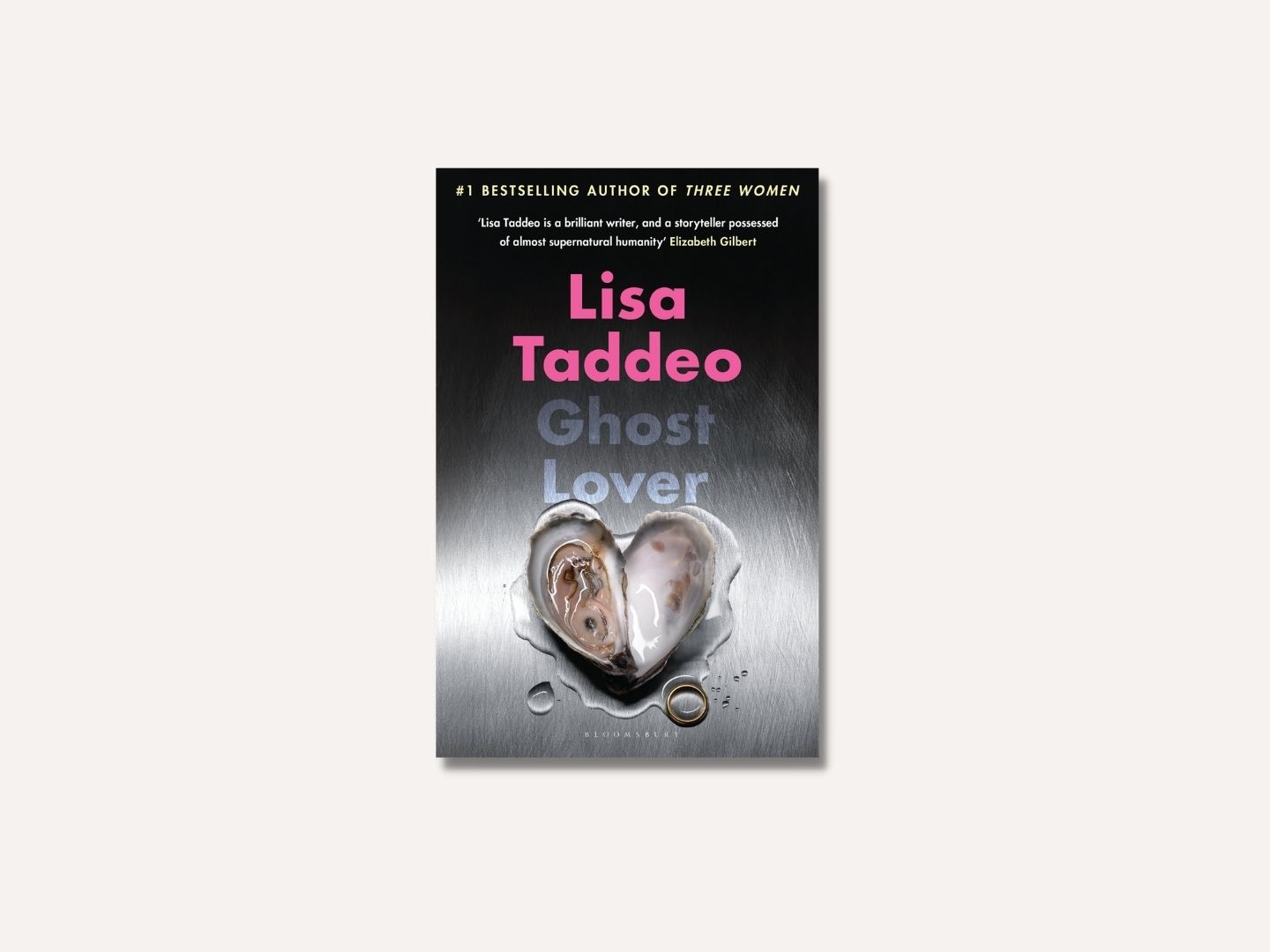
Taddeo offes bite-size nuggets of real women and their complicated lives in Ghost Lover (Photo: Bloomsbury Publishing)
Lisa Taddeo’s ability to tap into the psyche of a character is enviable. In her latest collection of short stories, Ghost Lover, she presents a complex array of women with each of their voices distinct. They are so real you can almost touch them on paper, feel their presence and relate to their perspective. The nine stories here read like biographical snippets on the minds of these women, exploring their desires, anxieties and truths.
Each story has something a little different. The titular Ghost Lover is written in the second person, which is quite an effective way to sit the reader squarely in the shoes of its lead character who runs a dating service that helps clients craft the perfect text messages to the person of their desire. “You are a clinician of the text. You can eviscerate, palpate, abrogate with a mild word, combined with cunning punctuation,” Taddeo writes.
The reader is forced to feel the story, but unlike the choose-your-own-adventure books by R L Stine, you are strapped in for the character’s wild obsession with love and dealing with the gripes of fame. “Your pain felt a kinship to their pain, and at the time, you had to be where your pain was. It was the only thing that was real.” Unlike Ghost Lover, the other eight stories are written in the third person, opening up the story to the minds of other characters.
lisa_taddeo_by_lara_downie.jpg

Able to adapt to different voices — from an Italian-American woman in 1966 and a 50-year-old Irish woman to moulding a lifelong friendship that focuses on their vain and naive teenage years — Taddeo’s characters still have that universality in their emotions and thoughts. Being a woman and the external forces that affect the way she sees herself is prevalent in all stories. Forty-two explores the anxieties of a 42-year-old; Beautiful People is slightly sinister, but it examines love and obsession; and Padua, 1966 is told from the perspective of a dead woman. Grace Magorian is the tale of a 50-year-old woman searching for love; Maid Marian touches on adultery and desperation; Air Supply follows two best friends and envy and the adventures of their youth; and Suburban Weekend feels like a repeat of Air Supply but with a different ending. As Suburban Weekend is the final story, it feels like a bit of a let-down because it felt like the same teenage relationship was being demonstrated again.
Perhaps the most gripping tale in Taddeo’s book is American Girl because the focus constantly shifts between different women and their affections for the same man. The “heavy” talk show host, busty and beautiful waitress, 41-year-old famous actress and gaggles of onlookers are all vying for the attention of one man, “the politician”. Even the focus on the language stings. “These days, women had to be a million things. Being beautiful was passé. A successful man was better perceived if he had an ugly wife. It means he was full of character.” While I will not spoil the story for you, the ending is one that definitely makes one think.
Desperation for love is a common theme throughout the nine stories which, to a certain extent, can feel quite suffocating to read. The anxious and realistic voices, the second guessing, the constant “what will they think of me” feel pathetically relatable and it would for most women I think. The characters are desperate for love; because of societally enforced obligation that a woman is not complete without a man who loves her.
In Grace Magorian, the main character says, “The many years of aloneness piled up inside her like indigestion”, despite having everything else she wants for her life. Although the character in Forty-two has achieved much, she still battles with body image issues and anxieties around her age. “Her knees were wrinkled, but her thighs were taut. Or her thighs were taut, but her knees were wrinkled. Daily happiness depended on how that sentence was ordered in her brain.” It is as if the voices in our heads are sprawled out on the page, making them real and, in a way, showing how absurd they are.
Taddeo rejects the use of quotation marks, opting for a long dash to indicate speech. On the page, that has quite an interesting effect. It makes the speech punch out from the reverie of third-person text. It feels theatrical, like an aside — a dramatic device where the character speaks to the audience — while the moments of speech are snippets of action in the book.
While there are a few Americanisms and cultural references that I did not quite get, Taddeo has an evocative way with words. Lines such as “The kid was like a marble countertop with water stains. This precious thing that they had to still worry over long after it lost its lustre”, and “Luke was a mouse. Everything about it you could throw in a laundry basket and forget about until morning”, express feelings and mannerisms in a refreshing way.
Previous works by Taddeo include Sunday Times and New York Times bestseller Three Women, which is currently being adapted for a TV series, and Animal. She has also undertaken non-fiction tomes such as Best American Sports Writing and Best American Political Writing anthologies. Her short stories have even earned her two Pushcart Prizes. While Ghost Lover may not win Taddeo the same prestige as her other works, there is something quite humbling and effective in this collection of short stories. Her bite-size nuggets of real women and their complicated lives was an enjoyable and thoughtful read.
Purchase a copy of 'Ghost Lover' at RM85.90 from Kinokuniya here.
This article first appeared on June 13, 2022 in The Edge Malaysia.


